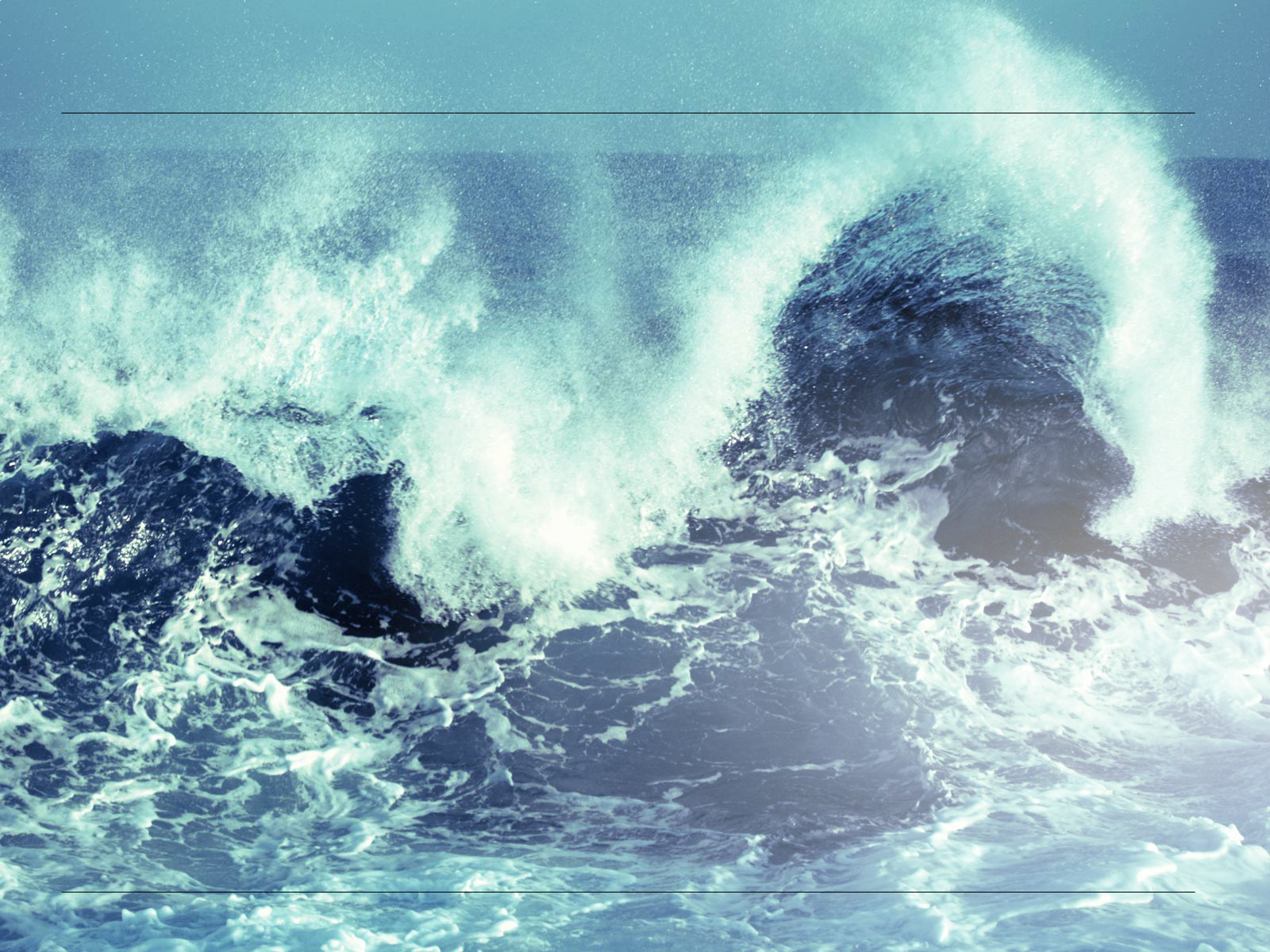Water is often considered a plentiful renewable resource, but today, the world's supply of clean, fresh water is under increasing threat.
Across the world, from California, to Syria and India, the term “water scarcity” is frequent, but what many countries are specifically experiencing is greater competition for clean, fresh water. This is especially true in water stressed hotspots like Brazil, China and the US where existing supplies are already in decline. Greater demands, from increasing economic activity to a growing population, on what is essentially an irreplaceable natural resource, mean that we can no longer bank on a stable supply of good quality fresh water.
Future reliability
Reliable water supplies are fundamental for the performance of any economy – energy, food and materials all depend heavily on water as a resource. On average, it takes 32 megalitres to run a medium-sized gold mining operation for a day; 1,364 megalitres to run a 500-megawatt power plant for a day; and 15,145 litres to produce 1 kilogramme of beef. With a rising global population and burgeoning middle class, demand for such commodities is set to continue.
The challenge of how to meet this growing demand is urgent, especially as the UN has predicted a 40% global shortfall in water supply by 2030. If left unchecked, this shortfall may hamper economic growth and lead to food and energy shortages, among many other consequences.
What constitutes a crisis?
Unsurprisingly, the World Economic Forum declared water crises to be the top global risk to society over the next decade, ahead of the spread of infectious diseases and fiscal crises. This ranking is significant because of its input from the private sector. Water scarcity poses a strategic issue for most global businesses.
While this threat could have a devastating impact on all parts of society, the private sector in particular is already discovering how water insecurity is influencing current output, and how it could constrain future growth. Companies have reported taking a financial hit of over US$2.5bn last year alone due to detrimental impacts from water challenges.
The new norm
PepsiCo, Anglo American and Marriott International have all been affected and some, like Unilever, are now informing investors that they are beginning to adapt to a “new norm” in certain regions. However, not enough information about the actions companies are taking to adapt to water security is making it through to investors. In 2015 only 38% of companies that were requested to provide information to more than 600 investors did so. Evidence and insight is vital to driving real change. Greater transparency from companies is essential if we are to respond to this challenge in a meaningful way.
According to Neil Brown of investment firm Alliance Trust, “there is massive upside for companies in disclosing water information. By letting investors know the opportunity they can capture and the risks they can avoid, capital will move towards companies doing the right thing and seizing the financial opportunities.”
The views and opinions expressed in this article are those of the authors and do not necessarily reflect the views of The Economist Intelligence Unit Limited (EIU) or any other member of The Economist Group. The Economist Group (including the EIU) cannot accept any responsibility or liability for reliance by any person on this article or any of the information, opinions or conclusions set out in the article.




